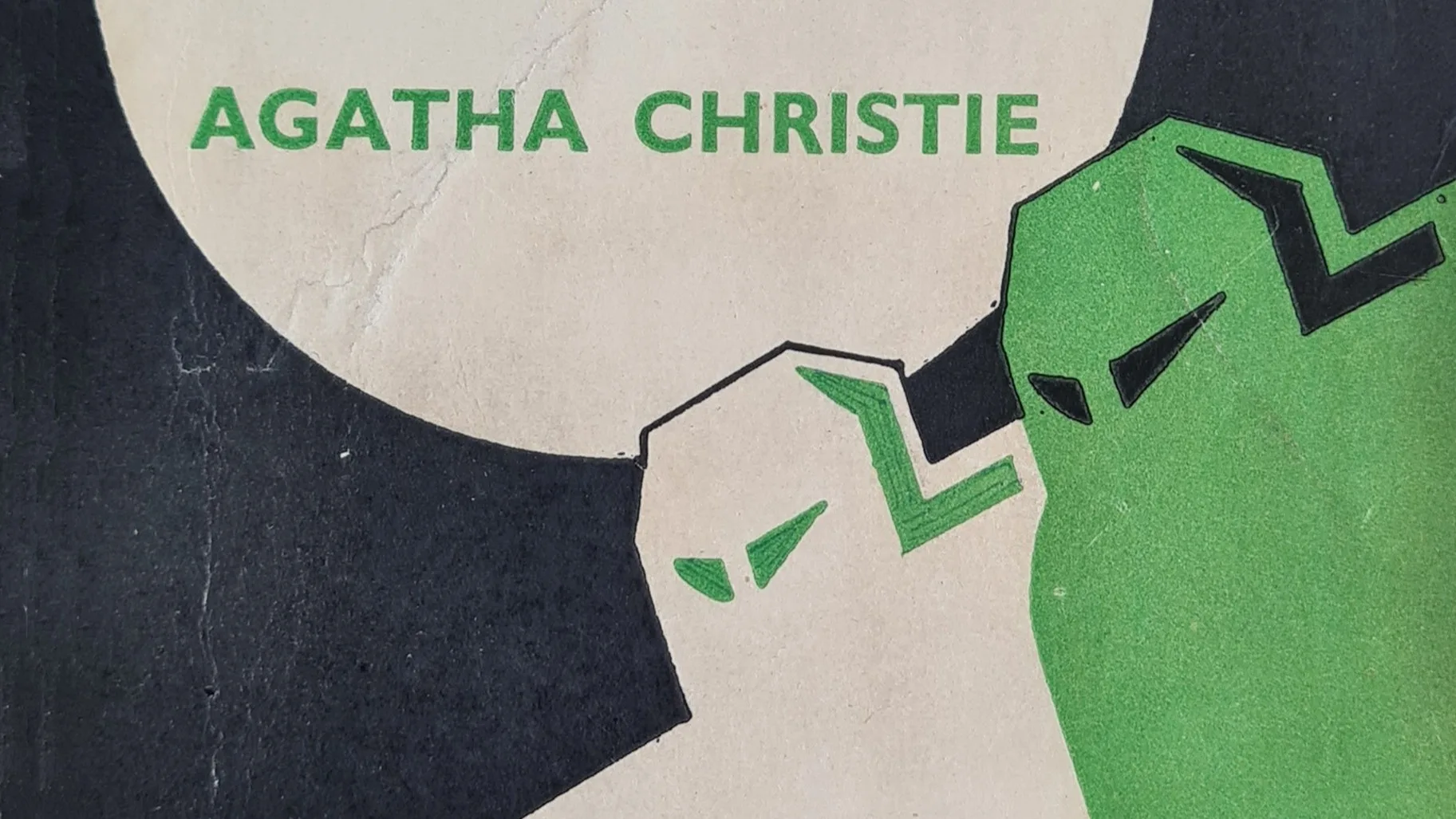A Small Act of Resistance
Agatha Christie had by the 1930s established herself as one of the most read crime writers in Europe and North America. The Swedish translator Einar Thermænius saw this as an opportunity to spread anti-German propaganda without being censored.
The novel One, Two, Buckle My Shoe was published in November 1940 and translated into Swedish about half a year later with the title The Shoe Buckle. The first chapter of the book differs greatly between the English and the Swedish text.
The original text:
Mr Morley was not in the best of tempers at breakfast. He complained of the bacon, wondered why the coffee had to have the appearance of liquid mud, and remarked that breakfast cereals were each one worse than the last.
Mr Morley was a small man with a decided jaw and a pugnacious chin. His sister, who kept house for him, was a large woman rather like a female grenadier. She eyed her brother thoughtfully and asked whether the bath water had been cold again.
Rather grudgingly, Mr Morley said it had not.
He glanced at the paper and remarked that the Government seemed to be passing from a state of incompetence to one of positive imbecility!
Miss Morley said in a deep bass voice that it was Disgraceful!
As a mere woman she had always found whatever Government happened to be in power distinctly
useful. She urged her brother on to explain why the Government’s present policy was inconclusive, idiotic, imbecile and frankly suicidal!
Thermænius' translation (re-translated):
Mr Morley was not in the best of moods at breakfast. He complained about the boiled ham. Admittedly, pork was rationed, but that didn’t mean the ham had to be inedible, he said. He asked sharply whether it was absolutely necessary for the coffee to look like dishwater, and added that if this was supposed to be butter, then one might just as well eat margarine.
Mr Morley was a small man with a determined, pugnacious chin. His sister, who kept house for him, was a large, sturdy woman who looked rather like a dragoon.
She regarded her brother thoughtfully and asked whether the bath water had been cold again.
Mr Morley replied grudgingly that it had not.
He glanced at the newspaper and remarked that, as usual, there was nothing new in it. What we ought to have done was bomb Berlin right at the start of the war.
Miss Morley, who sacrificed a large part of her life listening to one person after another’s explanations of “what we ought to have done,” murmured placatingly:
— I’m sure they know best, dear.
— Rubbish! said Mr Morley, who, like many other short men, was bloodthirsty in speech and gentle in action. We're far too mild, that’s the whole problem. Drop a load of leaflets! No – high explosives and incendiary bombs – that’s what they need!
Miss Morley’s parrot took the opportunity to interject conversationally:
— Hitler is a rascal!
— Who taught the bird that? asked Mr Morley.
— The cook, I think.
— Far too mild a way of putting it, Mr Morley pointed out.
He returned to the newspaper, expressed admiration for the Norwegians, sympathy for the Finns, distrust of the Russians, approval of the Turks, said that Mussolini was not a pleasant fellow, and concluded with a con amore description of precisely the sort of superman government the situation demanded.
Miss Morley concurred in a deep contralto. In her capacity as a mere woman, she had always found the current government—whatever its colour—and its shortcomings to be most useful. They were excellent outlets for masculine ill-humour.
